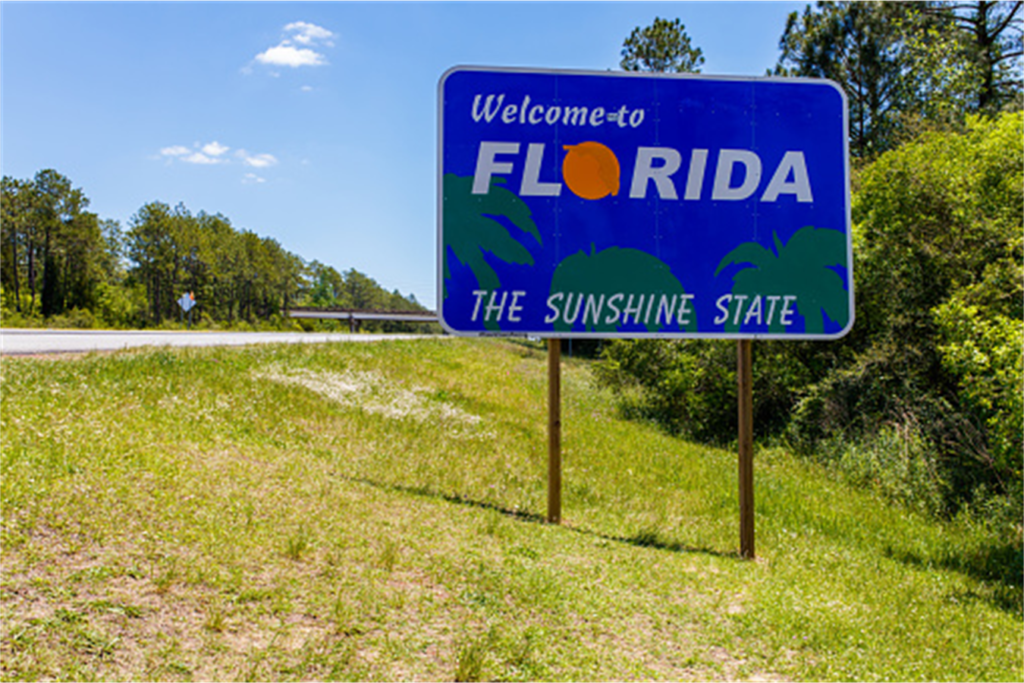
Domicile In Florida
No Tax States
Clients frequently ask where they can move to reduce their local income tax. There are several states that have either very low or no income tax including as of this article Alaska, Wyoming, Tennessee, Florida, New Hampshire, South Dakota, Texas, Washington, and Nevada. It is important to remember that income taxes are not the only tax. Other taxes such as property taxes, sales taxes, and so forth can be just as much if not more of a burden. How a state spends can also be a significant factor.
Often, people end up with family members, properties, business interests and other connections in multiple locations. Jurisdictional diversification just happens.
The rules to domicile in any state are relatively similar. Some states, however, are more aggressive than others in recognizing or not recognizing domicile. For example, some states require that you be physically present in the state for a certain number of days.
Florida is an attractive destination for domicile in part because it does not require that one be physically present in the state for 180 days each year.
Domicile In Florida
Here is generally what is required to establish domicile in Florida:
- Have a Florida mailing address or residence. Although some people rent a mailbox, there is more certainty and less room for dispute if you in fact own a residential property in FL. This should be owned by your Trust or by a FL LLC under Chandler Ventures
- Sign up for Utilities for your FL residence.
- File a Homestead exemption for your FL residence. Florida is also famous for its unlimited homestead exemption. This can be a powerful tool in asset protection.
- Establish at least one professional relationship (the insurance agent to insure your FL residence or FL vehicle for example)
- Register to Vote
- Register a vehicle (with proof of insurance from a FL insurance co)
- Obtain a FL driver’s license (this requires an in person appearance at a Driver License/Motor Vehicle Service Center)
- Open an account at a FL bank or financial institution.
- Join a FL social organization (church, club, get a library card, etc.)
- Update the Certificate of Trust for your Trust to show FL as the Effective Place
- Have the mailing address for at least one of your business entities be FL
- Complete and file a “Declaration of Domicile” form in the county of your FL residence
- Complete and file a “Certification of Address” https://www.flhsmv.
gov/pdf/forms/certification_ of_address.pdf - Depending on the county, there may be additional government forms
- Show FL as your residence on all future personal federal tax returns
Estate Plan Portability
Many Trusts, Wills, Powers of Attorney and other estate planning documents don’t work when you move from one state to another. This issue is eliminated when documents are well crafted so that they do not depend on local statute and are portable by their terms. Moving to Florida or anywhere else won’t require updating your estate plan if you have jurisdiction independent documents.
Because we represent clients throughout the U.S. and in many non-U.S. jurisdictions, we can help you navigate the issues that arise when you live, work, play or have relationships in more than one place.

